Cue the booming movie guy voice. “In a world . . . An inter-dimensional demigod has broken into our realm with a plot to enslave humanity. Only one man has the ability to save the people of Earth. And that man is . . . ”
You?
If you ever find yourself in the situation described above, you will benefit from having a body that would look great on a Marvel movie poster—larger muscles than moderate exercise produces, extremely low BMI, and bulging veins. You will, of course, need extraordinary strength for the physical confrontation you are facing with this super-powered foe, and it will help to be as lean as possible for speed and efficiency. I mean, the odds are a million-to-one against you surviving this battle—not to mention the fact that all of humanity is depending on you—so you must be the ultimate physical specimen. It won’t hurt if your face has the chiseled planes of a male shaving cream model and your smile glows with $2,000-per-tooth porcelain veneers. And tall, you might as well be tall, too, with great hair. That will all look stunning on your movie poster, after all.
You will also benefit from having that type of statuesque body if you are a member of an elite military force or a professional sports team.
But for the rest of us, our bodies do not need to look like that which we see on the big screen of a superhero movie. I hate to limit the audience of my article, but it is to you—the mere 99.9% of men out there who are not superheroes, Navy Seals, or NFL stars—that I write.
Many men and boys have planted in their minds the idea that to be heroic, they must look like Superman, or Batman, or Kingo.
Kingo? “Who is that?” you might ask. If you’re a Marvel guy (which I am not; nor am I a DC guy), I suppose you would know that Kingo is one of the characters featured in Marvel’s latest movie, Eternals. Actor Kumail Nanjiani drew attention to his portrayal of Kingo by posting some shirtless photos of himself, complete with pumped biceps and a prominent six-pack, after completing rigorous training for his role. This was especially surprising to some because the actor had been well known up to that point for portraying quirky, humorous characters—not the types of roles in which we expect to see a “buff” guy.
In an interview with GQ Magazine, Nanjiani said that he had worked out since he was a youth, stemming from dissatisfaction with his body and a desire to look like the men he admired in action movies. But to play Kingo, “he transformed his body for the role, spending hours and hours in the gym working out with a trainer, sometimes to the point of puking.”
I guess we can add one more category of person who might want to have a superhero-looking body: an actor being highly paid to portray a superhero in a movie. (I’m pretty sure the handful of individuals in this group won’t impact my 99.9% figure above.)
This is not intended as criticism for Nanjiani. Most men, if they could snap their fingers and have a body like Nanjiani’s, without the grueling exercise, diet regimen, and investment of time, would probably do so.
*Writer stops to snap his fingers a few times to see if it will work—nope . . . oh well.*
Hollywood and advertisers do purposefully manipulate our minds when they pair a certain look (muscular, lean, and handsome for men) with their products. This works on us even when we’re aware of what is being done because this type of influence is not logic-based; it is emotional and even biological, impacting the activity of the neurotransmitters in our brains. In the case of the superhero movie, the non-logical message we might take away is this: If we want to be heroic, we must have a physique that looks like the hero’s body on display in the movie.
Since this irrational process has been discussed before here and here, let’s take a look at this issue from a different perspective.
Like the worlds of Marvel and DC, we do have evil in our world. Unlike comic book plots, most of the evil we face is of an intellectual and spiritual nature.
This kind of evil is expressed in cultural forces promoting untrue and destructive ideas, especially harmful for children. It proceeds from a worldview that attempts to remove God from individual and community life, and instead promotes divisions based on politics, race, gender, socioeconomic status, and whatever other ways humans can be grouped and pitted against one another. It does not respect the sanctity of life or personal freedom. It is the powerful demanding compliance and punishing dissent. This kind of evil expresses itself daily via media, government, businesses, classrooms, even in some churches—ultimately in any human activity that ignores God’s standards of goodness.
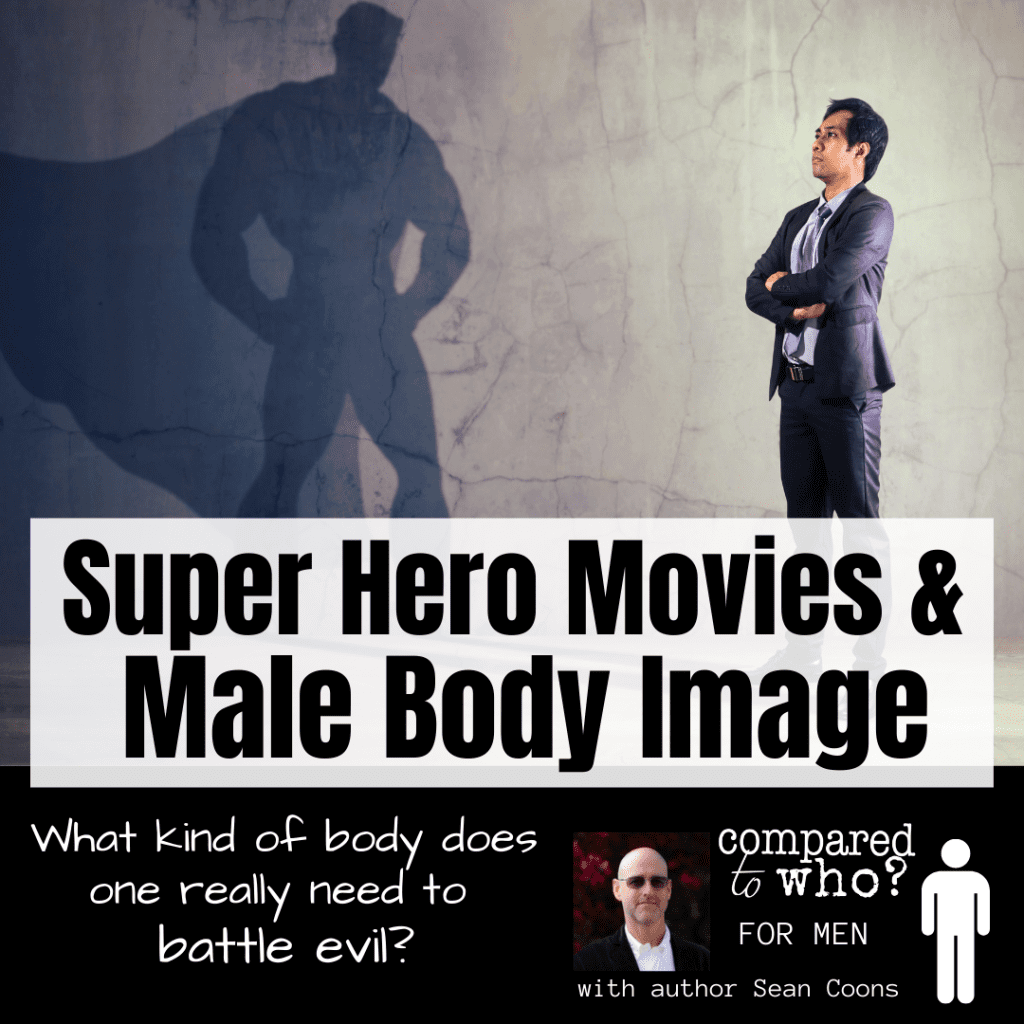
What kind of physique does it take to be a hero who battles this kind of evil?
I’m sure you would agree it is foolish to even ask the question.
This kind of evil is conquered by a combination of truth, courage, and reliance on our Savior. We must know the truth, which requires spending time in prayer, in Scripture, in contemplation, in conversation, in research, in openness to admitting (and repenting) when our preferences do not align with God’s will. We must have the courage to stand fast when proclaiming the truth, regardless of the consequence. We must rely on our union with Christ, the source of God’s divine power in our lives.
God in Christ took on flesh and continues to have a body: This makes it clear that the body is important.
Scripture offers not a word about what Jesus looked like while he epitomized the bold, sacrificial love of the hero (other than an Old Testament hint that the Messiah will look unremarkable): This makes it clear that the appearance of the body is unrelated to biblical heroism.
Do exercise and maintain your body to make it strong. Participate in training for self defense so you can take care of yourself and others should any trouble in the physical world arise. But keep in mind, most of the evil we face is immaterial.
I remember when I was a boy leaving an action movie wishing some dramatic circumstance would occur in which I could exhibit the heroism I had just witnessed on the silver screen. As an adult, I now see that opportunities abound daily. These opportunities do not involve arch criminals, and, thankfully, they do not require a Marvel Universe body.
The body we need to heroically confront the evil in our midst, to experience union with God, to participate in the Great Commission, and to love God and others is the body we have right now.
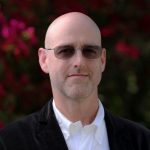 Sean Coons is a writer, musician, and educator living in Idaho’s Treasure Valley with his wife and son. Sean’s novel, Firefly, is a comedic middle grade adventure. He is also the author of Body, a Christian fiction comedy exploring body image and intuitive eating. Connect with Sean at www.SeanCoons.com, Facebook, Twitter, and Instagram.
Sean Coons is a writer, musician, and educator living in Idaho’s Treasure Valley with his wife and son. Sean’s novel, Firefly, is a comedic middle grade adventure. He is also the author of Body, a Christian fiction comedy exploring body image and intuitive eating. Connect with Sean at www.SeanCoons.com, Facebook, Twitter, and Instagram.
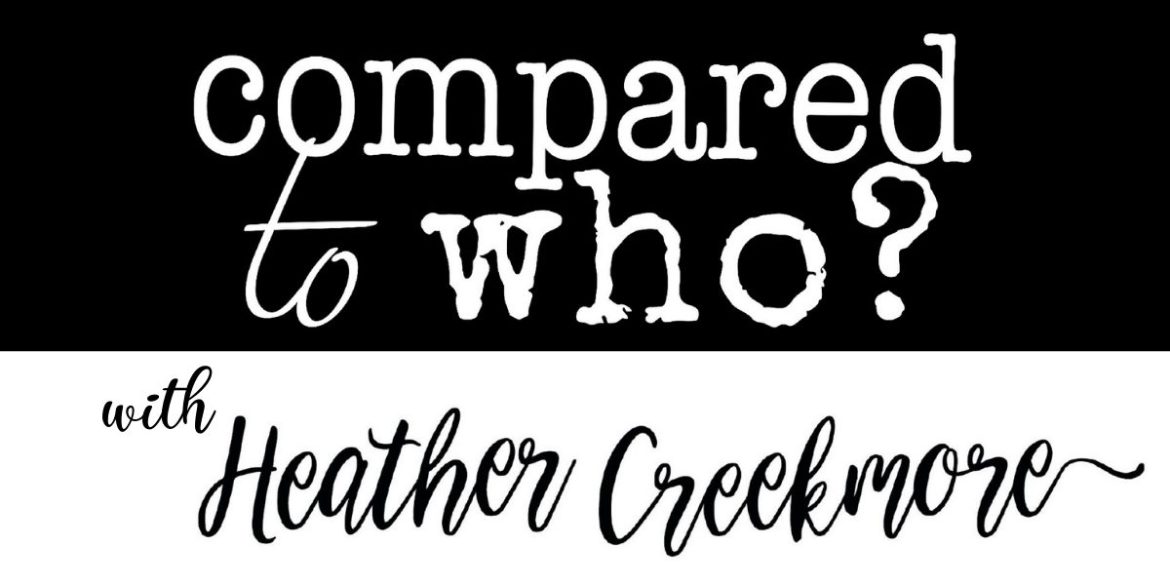
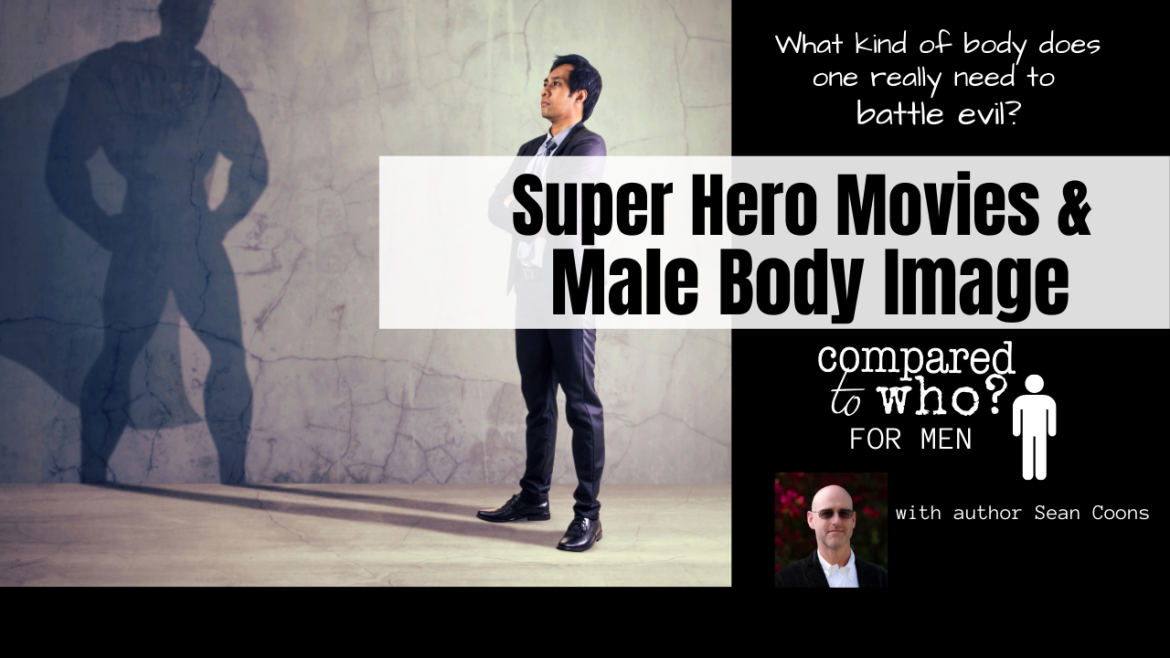

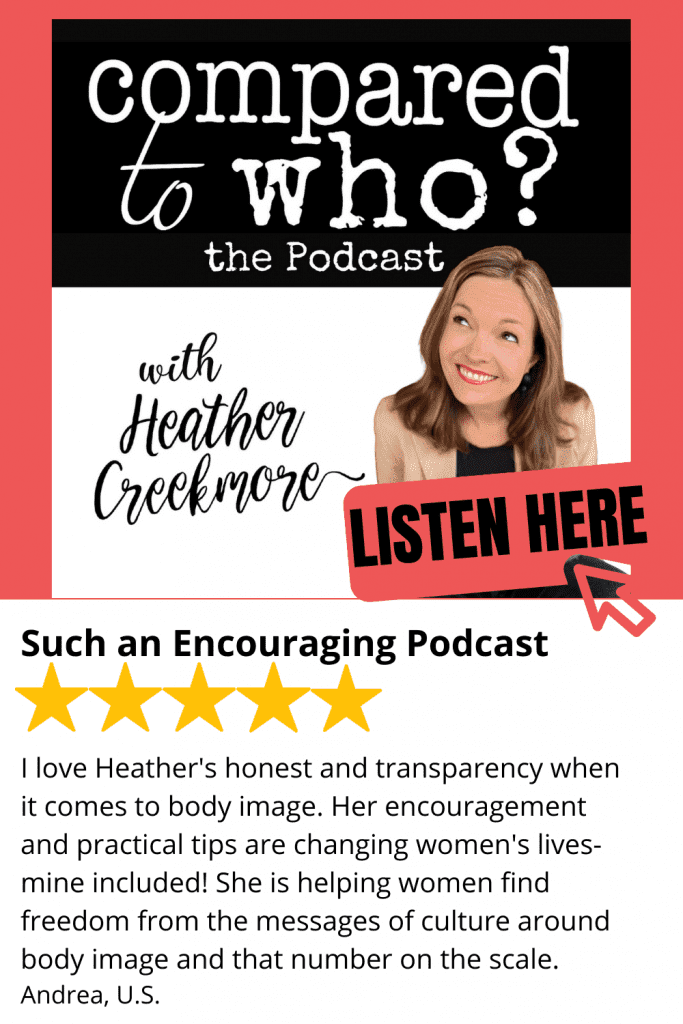

0 Comments